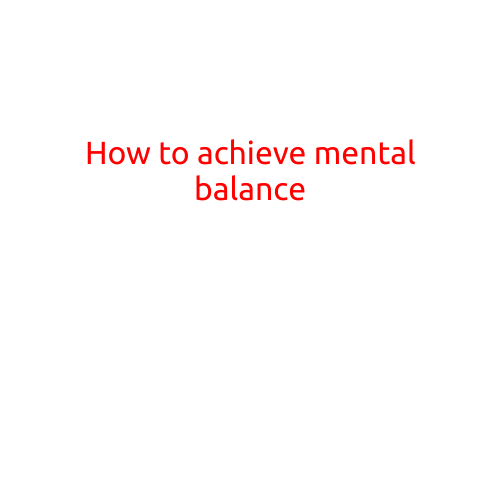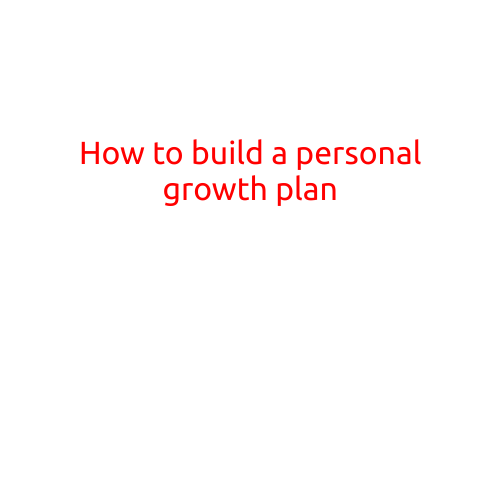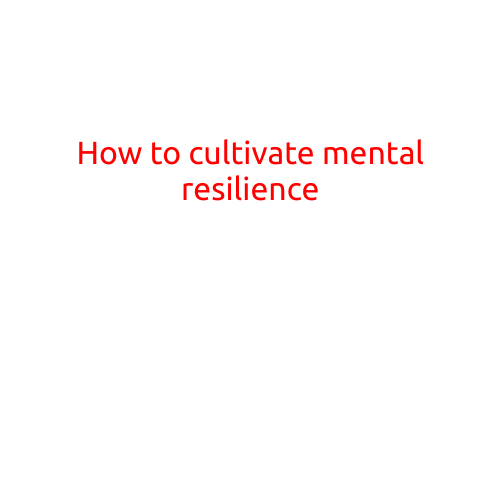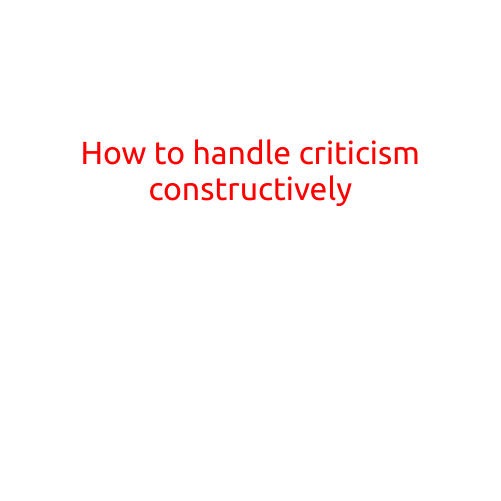
How to Achieve Mental Balance
In today’s fast-paced world, it’s easy to feel overwhelmed and stressed. With constant demands on our time, energy, and attention, it’s no wonder that many of us struggle to achieve mental balance. But without mental balance, we can feel anxious, irritable, and even depressed. Fortunately, achieving mental balance is within our reach. In this article, we’ll explore the importance of mental balance, common obstacles to achieving it, and practical strategies for cultivating a peaceful and focused mind.
The Importance of Mental Balance
Mental balance is the state of being calm, centered, and composed, even in the face of challenges and uncertainties. It’s the ability to manage stress, emotions, and thoughts in a healthy and constructive way. When we achieve mental balance, we’re better equipped to:
- Handle problems and setbacks with resilience and composure
- Improve our relationships and communication skills
- Boost our productivity and creativity
- Enhance our overall well-being and self-esteem
Common Obstacles to Achieving Mental Balance
- Stress and anxiety: Chronic stress and anxiety can derail our ability to achieve mental balance.
- Technology addiction: Constantly checking our phones and social media can lead to a sense of overwhelm and distract us from the present moment.
- Lack of self-care: Neglecting our physical and emotional needs can contribute to feelings of burnout and imbalance.
- Negative self-talk: Criticizing ourselves and our thought patterns can exacerbate feelings of anxiety and depression.
- Unhealthy relationships: Toxic relationships can drain our energy and create feelings of emotional distress.
Practical Strategies for Achieving Mental Balance
- Practice mindfulness: Focus on the present moment, without judgment or distraction. Try apps like Headspace or Calm for guided meditations.
- Set boundaries: Learn to say “no” to non-essential commitments and prioritize self-care.
- Exercise regularly: Physical activity boosts mood, reduces stress, and enhances overall well-being.
- Connect with nature: Spend time in nature, whether it’s a walk in the park, a hike, or simply sitting outside.
- Reframe negative thoughts: Challenge negative self-talk by practicing self-compassion and reframing irrational thoughts.
- Prioritize sleep: Aim for 7-9 hours of sleep per night to help regulate stress hormones and emotions.
- Nurture social connections: Surround yourself with supportive people who promote positive emotions and connections.
- Practice gratitude: Reflect on the things you’re thankful for each day, no matter how small they may seem.
- Take breaks: Allow yourself time to rest and recharge, taking short breaks throughout the day.
- Seek professional help: If you’re struggling with mental health issues, consider seeking help from a mental health professional.
Conclusion
Achieving mental balance requires effort and commitment, but the benefits are well worth it. By acknowledging the obstacles to achieving balance and implementing practical strategies, you can cultivate a more peaceful, focused, and resilient mind. Remember that mental balance is a journey, not a destination. With time and practice, you can learn to navigate life’s challenges with greater ease and confidence, achieving a sense of calm and well-being that benefits all aspects of your life.





